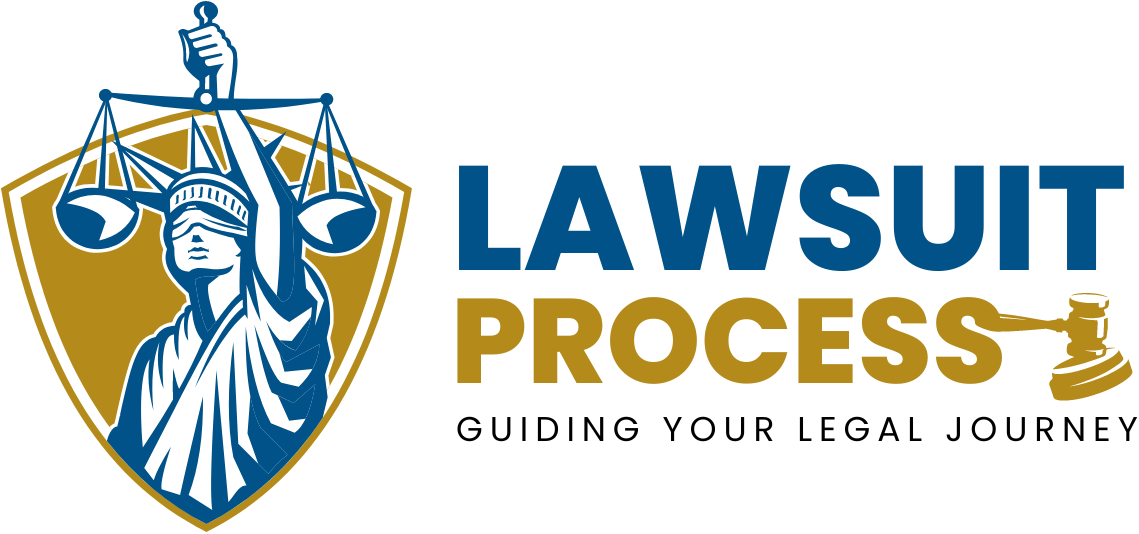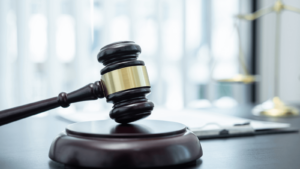Driving Under the Influence (DUI) and Driving While Intoxicated (DWI) are serious offenses that carry significant legal consequences. Understanding the nuances of these laws, the penalties involved, and the legal processes can help individuals navigate these challenging situations more effectively.
This comprehensive guide delves into the intricacies of DUI/DWI laws and penalties.
Table of Contents
- Definitions and Differences: DUI vs. DWI
- Legal Blood Alcohol Concentration (BAC) Limits
- Common Penalties for DUI/DWI Offenses
- Aggravating Factors and Enhanced Penalties
- The DUI/DWI Legal Process
- Defenses Against DUI/DWI Charges
- Impact of a DUI/DWI Conviction
- Preventing DUI/DWI: Safe Driving Tips
- Conclusion
Definitions and Differences: DUI vs. DWI
While DUI and DWI are commonly used interchangeably, some states differentiate between the two:
- DUI (Driving Under the Influence): Typically refers to driving under the influence of alcohol, prescription medications, or illegal drugs that impair one’s ability to operate a vehicle safely.
- DWI (Driving While Intoxicated or Impaired): In some states, DWI specifically refers to driving under the influence of alcohol, while DUI encompasses a broader range of substances. In other jurisdictions, DWI might be used to denote a more severe offense than DUI.
It’s essential to understand the specific terminology and definitions used in your state or country, as they can affect the charges and penalties you may face.
Legal Blood Alcohol Concentration (BAC) Limits
Blood Alcohol Concentration (BAC) measures the amount of alcohol present in a person’s bloodstream. Legal BAC limits vary by jurisdiction, but common standards include:
- 0.08% BAC: The standard legal limit for drivers aged 21 and over in many regions. Exceeding this limit typically results in DUI/DWI charges.
- 0.04% BAC: The limit for commercial drivers, reflecting the higher responsibility associated with operating larger vehicles.
- 0.02% BAC: The threshold for drivers under the legal drinking age (usually 21), with any detectable BAC potentially leading to DUI/DWI charges.
It’s important to note that even if a driver’s BAC is below the legal limit, they can still be charged with impaired driving if their ability to operate a vehicle is visibly impaired.
Common Penalties for DUI/DWI Offenses
Penalties for DUI/DWI offenses vary based on factors such as the driver’s BAC, prior offenses, and whether any accidents or injuries occurred. Common penalties include:
Fines and Financial Penalties
Fines are a primary consequence of DUI/DWI offenses, ranging from a few hundred to several thousand dollars. The amount typically increases with the severity of the offense and may include additional costs for court fees, legal representation, and mandatory programs.
Jail Time and Incarceration
In some cases, especially for repeat offenders or severe impairments, jail time may be imposed. The duration can range from a few days to several years, depending on the jurisdiction and the specifics of the offense.
License Suspension and Revocation
A DUI/DWI conviction often results in the suspension or revocation of the driver’s license. The suspension period can vary from months to years, and some states offer restricted licenses allowing limited driving privileges during the suspension period.
Community Service and Rehabilitation Programs
Courts may mandate community service or enrollment in rehabilitation programs as part of the sentencing. These programs aim to educate offenders about the dangers of impaired driving and promote behavioral change.
Aggravating Factors and Enhanced Penalties
Certain circumstances can elevate the severity of DUI/DWI penalties:
- Repeat Offenses: Multiple DUI/DWI convictions typically result in harsher penalties, including longer jail sentences and extended license suspensions.
- High BAC Levels: Extremely high BAC levels (e.g., 0.15% or higher) can lead to enhanced penalties due to the increased risk posed by the driver’s impairment.
- Minor Drivers: Drivers under the legal drinking age caught with any measurable BAC face stricter penalties compared to adult drivers.
- Accidents and Injuries: Causing an accident, injury, or death while driving under the influence results in significantly more severe charges, potentially including felony DWI charges.
- Commercial Drivers: DUI/DWI offenses by commercial drivers can lead to additional consequences, such as disqualification from operating commercial vehicles.
The DUI/DWI Legal Process
Understanding the legal process following a DUI/DWI arrest is crucial for navigating the situation effectively.
Traffic Stops and Arrests
A DUI/DWI arrest typically begins with a traffic stop initiated by law enforcement based on observed traffic violations or signs of impairment, such as erratic driving, swerving, or failing to obey traffic signals.
Field Sobriety Tests and Chemical Testing
After a traffic stop, officers may administer field sobriety tests (FSTs) to assess impairment. These can include:
- Walk-and-Turn Test
- One-Leg Stand Test
- Horizontal Gaze Nystagmus Test
If impairment is suspected, officers may request chemical tests to measure BAC, such as breathalyzer tests, blood tests, or urine tests. Refusing these tests can result in automatic license suspension and other penalties under implied consent laws.
Court Proceedings and Legal Representation
Following an arrest, the accused will typically attend a court hearing where charges are formally presented. Legal representation is crucial at this stage to navigate the complexities of DUI/DWI laws, negotiate plea deals, or mount a defense against the charges.
Defenses Against DUI/DWI Charges
Several defenses can be employed to contest DUI/DWI charges, depending on the circumstances:
- Improper Stop: Arguing that the initial traffic stop lacked reasonable suspicion or probable cause.
- Faulty Testing Procedures: Challenging the accuracy of field sobriety tests or chemical tests due to improper administration or equipment malfunction.
- Medical Conditions: Presenting evidence that medical conditions affected BAC results or impaired driving behavior.
- Lack of Evidence: Demonstrating insufficient evidence to prove impairment beyond a reasonable doubt.
- Legal Thresholds: Arguing that BAC levels were below the legal limit or that impairment was not solely due to alcohol consumption.
It’s essential to consult with a qualified attorney to determine the most effective defense strategy based on the specific circumstances of the case.
Impact of a DUI/DWI Conviction
A DUI/DWI conviction can have far-reaching consequences beyond legal penalties.
Insurance Consequences
A DUI/DWI conviction often leads to increased auto insurance premiums or the cancellation of existing policies. Insurance companies view impaired drivers as high-risk, resulting in higher costs to insure them.
Employment and Professional Licenses
Certain professions, particularly those requiring driving or operating heavy machinery, may be adversely affected by a DUI/DWI conviction. Employers may view such offenses as indicative of poor judgment or reliability, potentially impacting current employment or future job prospects. Additionally, professional licenses can be suspended or revoked, affecting careers in fields like healthcare, law, and transportation.
Preventing DUI/DWI: Safe Driving Tips
Preventing impaired driving is essential for personal safety and public welfare. Here are some strategies to avoid DUI/DWI offenses:
- Designate a Sober Driver: If planning to consume alcohol, arrange for a designated driver who remains sober.
- Use Public Transportation or Rideshare Services: Utilize taxis, buses, trains, or rideshare apps like Uber and Lyft to avoid driving under the influence.
- Stay Overnight: If attending events where alcohol is served, consider staying overnight at a friend’s place or a nearby hotel.
- Monitor Alcohol Intake: Be mindful of alcohol consumption levels to ensure they remain below legal limits.
- Educate Yourself and Others: Understand the risks and legal consequences of impaired driving and advocate for safe driving practices within your community.
Conclusion
DUI/DWI laws are designed to protect public safety by deterring impaired driving and penalizing those who choose to operate vehicles under the influence. Understanding the definitions, legal limits, penalties, and legal processes associated with these offenses is crucial for anyone navigating the legal system. Additionally, recognizing the long-term impacts of a DUI/DWI conviction underscores the importance of responsible and safe driving practices.
By staying informed and making conscientious choices, individuals can contribute to safer roads and avoid the severe consequences associated with impaired driving.










